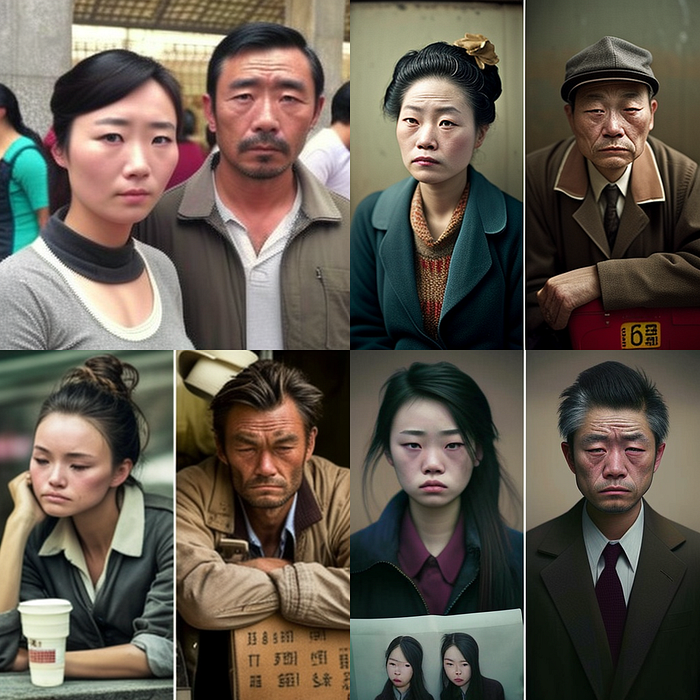
A recent study conducted by the Policy Research Institute, the Center for Culture, and the Development Center at Lingnan University, in collaboration with Oxfam Hong Kong, focused on young people’s employment and consumption situation and published its findings. The study surveyed young people aged 18 to 29 with work experience and a monthly income of less than HKD 20,000.
The study found that the monthly average living expenses of the respondents were HKD 16,789, with the highest proportion of spending on food, accounting for 40.7% of the total. In addition, the study found that transportation, communication, and leisure expenses accounted for 27% of the total. The study also found that the majority of respondents lived with their parents and that their housing expenses accounted for only 19.97% of their total expenses.
To maintain their current standard of living, young workers need to earn an average hourly wage of HKD 80.72, assuming they work 26 days a month and 8 hours a day. However, the current statutory minimum wage in Hong Kong is only HKD 40, and the median hourly wage for employees in the city is HKD 75.7. Even the monthly average income of young people aged 20–24 with a bachelor’s degree in 2019 was only HKD 18,000, which means that “living paycheck to paycheck” is a common scenario for most young people in Hong Kong.
The low minimum wage in Hong Kong also drew sharp criticism from the interviewees. They pointed out that the current minimum wage cannot meet the basic needs of workers and does not encourage people to work hard.
Hong Kong’s minimum wage lags far behind other developed areas and countries in Asia. For example, the minimum hourly wage in Taiwan was raised to NT$176 (about HKD 45.8) in January 2023, which benefits about 57,000 workers, accounting for about 20% of those covered by the minimum wage. In South Korea, the minimum hourly wage will be raised to KRW 9,620 (about HKD 59.5) in 2023, benefiting about 3.4 million workers, or 11.9% of the labour force. In addition, the average hourly wage in Japan was adjusted to JPY 961 (about HKD 57.2) in October 2022.
The low minimum wage has caused financial difficulties for young workers in Hong Kong. While they are not struggling to make ends meet, they cannot afford to plan for their future, including saying “no” to jobs they do not like or having no growth prospects.
In conclusion, the study showed that young people in Hong Kong face significant challenges in achieving a decent life. The minimum wage in Hong Kong lags behind other developed areas and countries in Asia, and it needs to meet the basic needs of workers. The situation has led many young people to face financial difficulties and prevented them from planning their future. To address this problem, the government should consider raising the minimum wage to a level that can cover the basic needs of workers, and create more job opportunities for young people.
Backlinks: